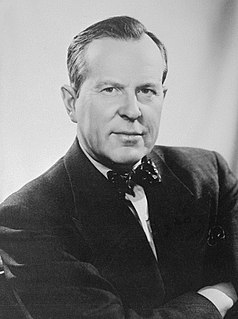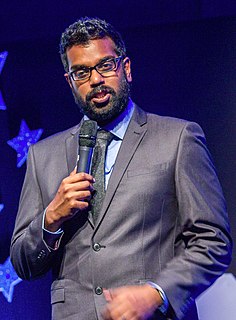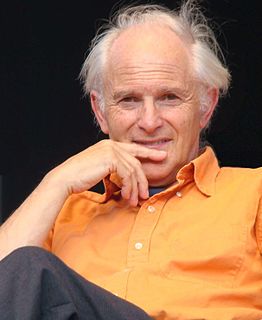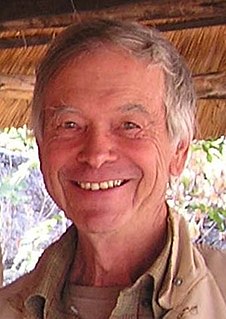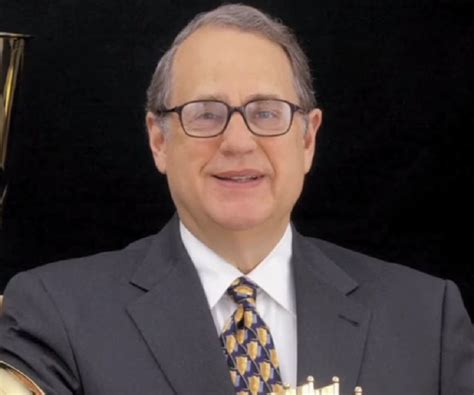A Quote by Alan Stern
We made more than just scientific discoveries... we rediscovered how much people love exploration.
Quote Topics
Related Quotes
...It would be possible to make much more progress than has been made if the NCI knew its job better, knew how to make discoveries...The NCI really does not know how to make discoveries....So long as the NCI is not willing to follow up ideas that seem good to people who have had experience making discoveries, the work of the NCI is going to be pedestrian.
The routine of custom tends to deaden even scientific inquiry; it stands in the way of discovery and of the active scientific worker. For discovery and inquiry are synonymous as an occupation. Science is a pursuit, not a coming into possession of the immutable; new theories as points of view are more prized than discoveries that quantitatively increase the store on hand.
I don't think people realize how much I love basketball. A lot of people think because of this idiotic comment I made that I love baseball and don't like basketball. Baseball came first because if you grew up in Brooklyn in the 1940s, that was the No. 1 thing. But if you have more than one kid, you love them both.
I do think that metaphysical exploration is like scientific exploration, in the sense that philosophers and scientists are both developing models of reality, and furthermore that we all rely to a significant extent on the idea that models which provide elegant, simple and satisfying explanations are more likely to be true.


